Here's what David Chang, Miley Cyrus and others think is next for their industries
-
Personal Farms
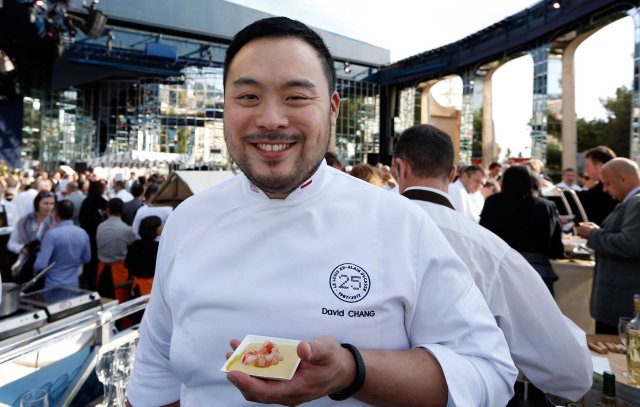
Valery Hache—AFP/Getty Images “The last U.N. report estimated that we throw away at least a third of all food. That seems dumb to me. And I think it’s happening because we’ve lost the narrative that food takes time and life and energy. It would be great if everyone could have a little bit of a farm or a rooftop garden, or even chickens. If we understood the process that went into getting our food, I don’t think we would be as wasteful.”
—David Chang
Chef and founder of Momofuku restaurant group (TIME 100 2010) -
Better Transcripts
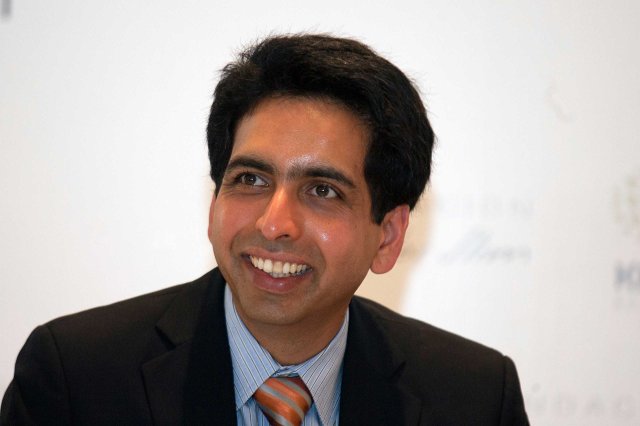
Susana Gonzalez—Bloomberg/Getty Images “Right now, transcripts have some statistics on your grades and maybe some standardized test scores. But in the future, they should include a portfolio of things you’ve created—robots you’ve built, programs you’ve written, things you’ve painted, whatever—along with what your peers and your community think of you as a leader, a communicator and an empathizer. This is already what people care about, but it hasn’t been formally recognized.”
—Salman Khan
Executive Director of the Khan Academy (TIME 100 2012) -
Smart-Watch Doctors
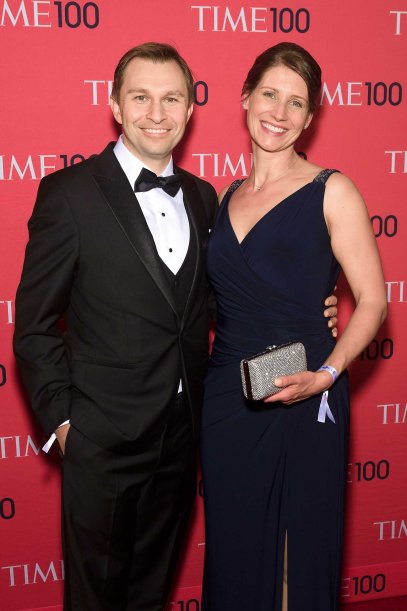
D. Dipasupil—FilmMagic/Getty Images “The common advice for most ailments is sleep more, eat less, get more exercise. But that information isn’t tailor-made to your problems. Eventually, you’ll have an implantable chip just beneath your smart watch that tells you in real time what’s happening with your blood. So if you’re starting to develop diabetes, your watch can tell you, every day, what you need to be doing to get healthier before it becomes a disease.”
—David Sinclair
Harvard genetics professor (TIME 100 2014) -
Virtual Realities
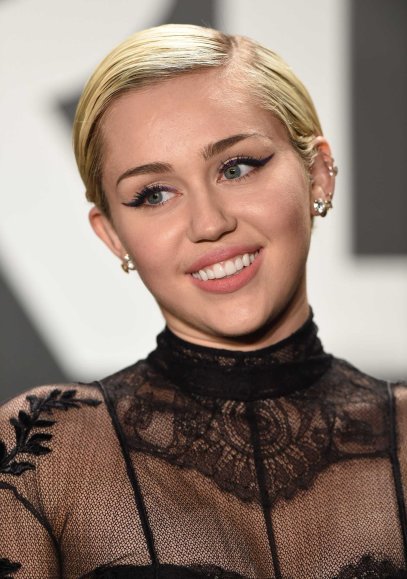
Axelle Bauer-Griffin—FilmMagic/Getty Images “I have fans all around the world, but I can only do so many concerts. So to be able to have more people experience them through virtual reality, to make someone feel like they’re there with you—that would be epic. Or even to put someone inside a music video or a song. God, I wish I had that sh-t during the ‘Wrecking Ball’ video. That’s something I’m super looking forward to.”
—Miley Cyrus
Musician (TIME 100 2008 & 2014) -
Bolder Buildings
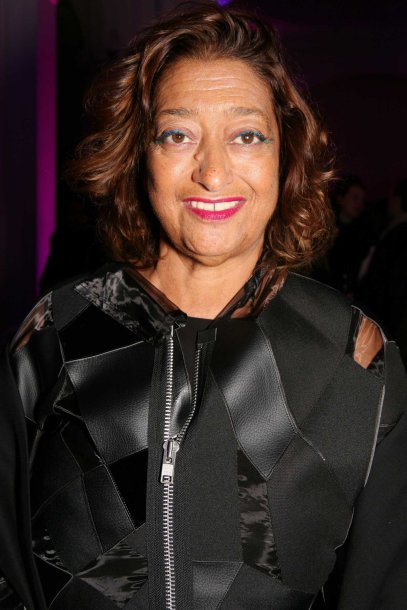
David M. Benett—Getty Images “For excuses that are valid—like the recession—there has been a return to very banal and conservative ideas in architecture. It’s not like people will come back in 40 years and say these buildings are terrible. We know that now. And that is a tremendous shame considering the progress we’ve made in terms of ideas and innovation in technology, material, fabrication and construction. I hope this does not have a very negative impact on what the future holds.”
—Zaha Hadid
Architect (TIME 100 2010) -
Rental Everything
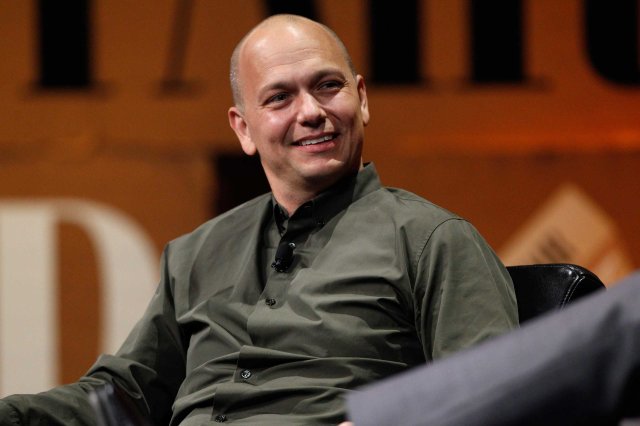
Kimberly White—Getty Images “Ladders, lawn mowers, wheelbarrows—why does everyone need to own all this redundant stuff we use so little? Someone is going to come up with an Uber-like app that facilitates a sharing community for this day-to-day stuff. You could barter and trade household items. And there will be a tracking system so your neighbor can’t say, ‘Oh, I never borrowed that,’ and you never see it again.”
—Tony Fadell
CEO of Nest (TIME 100 2014) -
Binge Protection
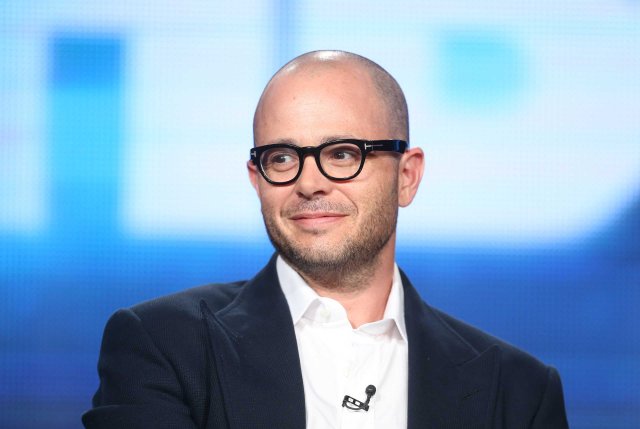
Frederick M. Brown—Getty Images “Never in the history of etymology has the word binge been associated with something good. It’s always, ‘I binged that can of Pringles, and then I puked.’ So—and I realize this makes me a huge hypocrite because I engage in this behavior myself—what if when you were going for your fourth straight episode of House of Cards, Netflix sent a message: ‘You might want to go outside, kiss your spouse or call your mom’? That would be nice.”
—Damon Lindelof
Co-creator of Lost and The Leftovers (TIME 100 2010) -
Charitable Shopping
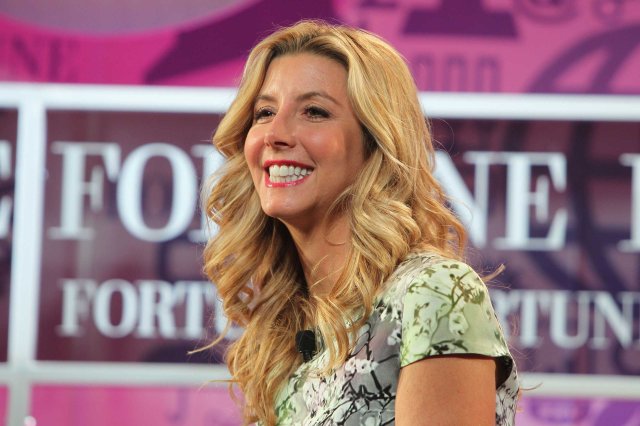
Paul Morigi—Getty Images “The one-for-one model [when a company donates an item for each one bought] is revolutionary. Customers like it, because they get to know what their money is benefiting. And for brands, it helps create a movement around a cause. Toms is a great example of a successful program, and I think other companies are hoping to do something similar. We’re just seeing the beginning of brands doing good in the world, and that’s very exciting.”
—Sara Blakely
Founder of Spanx (TIME 100 2012) -
More Diversity
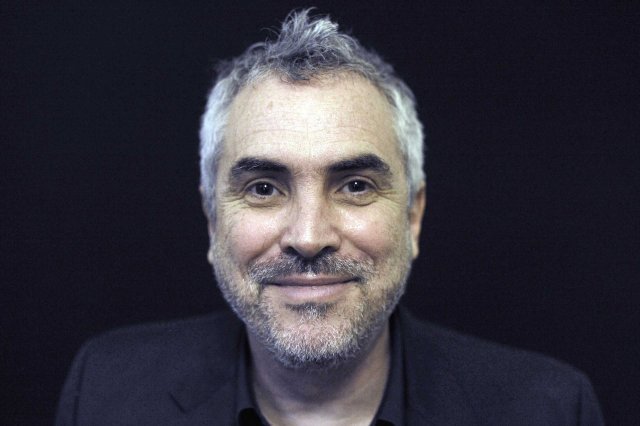
Laura Lezza—Getty Images “It’s appalling that 100 years in, this industry is still so dominated by white men. The percentage of great films done by women is way higher than the percentage of great films made by men. And there are masterpieces from other parts of the world that can’t afford to campaign and distribute like Hollywood studios. I think with YouTube and Netflix, that will start to change. And I hope for a medium that is more diverse in every sense—formats, races, genders and cultures.”
—Alfonso Cuarón
Director of Gravity (TIME 100 2014)